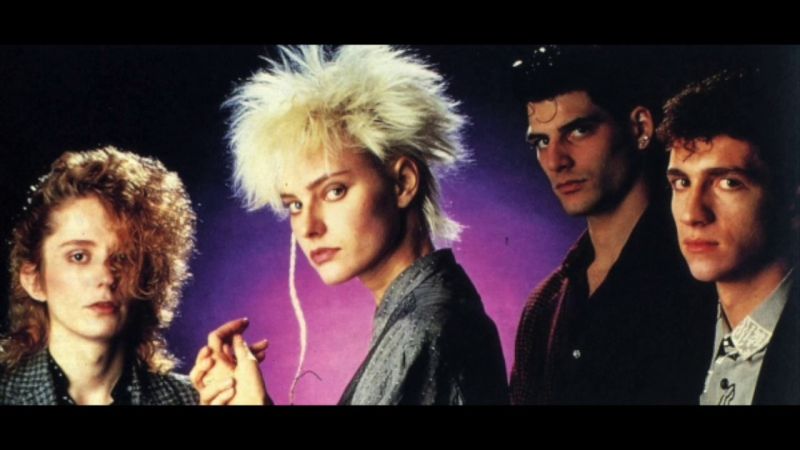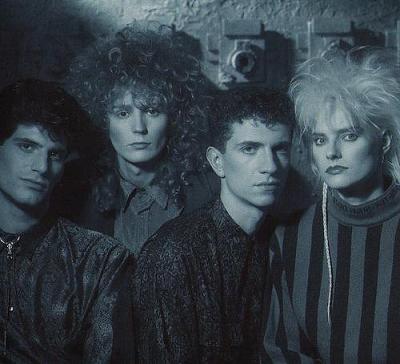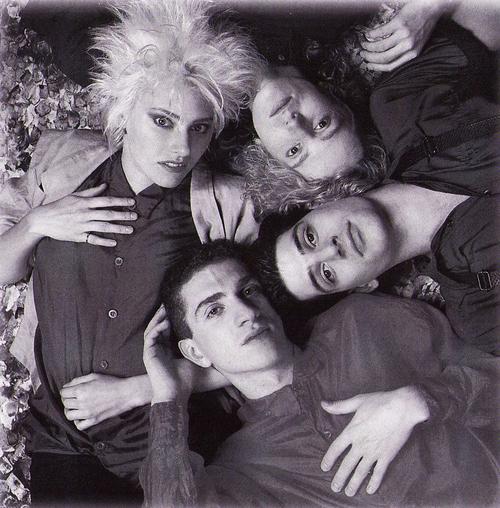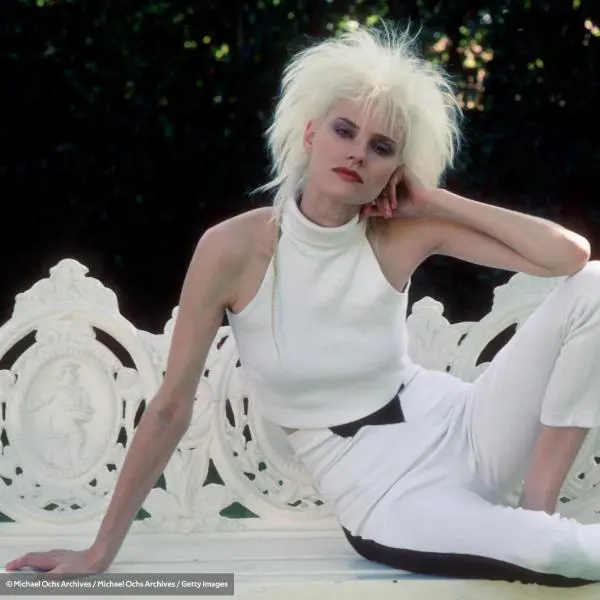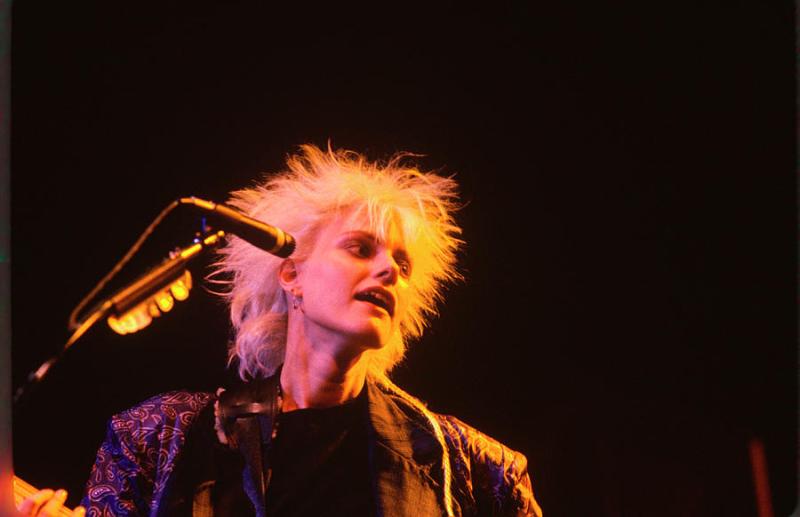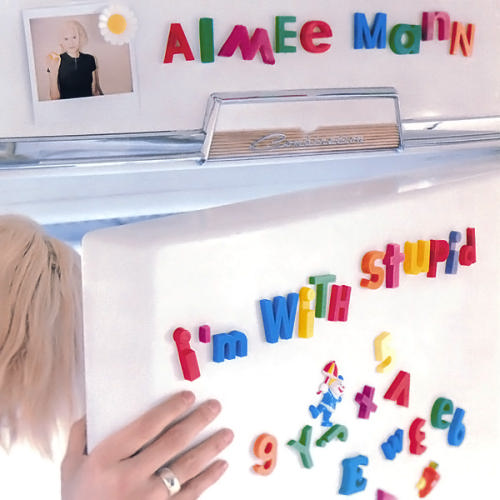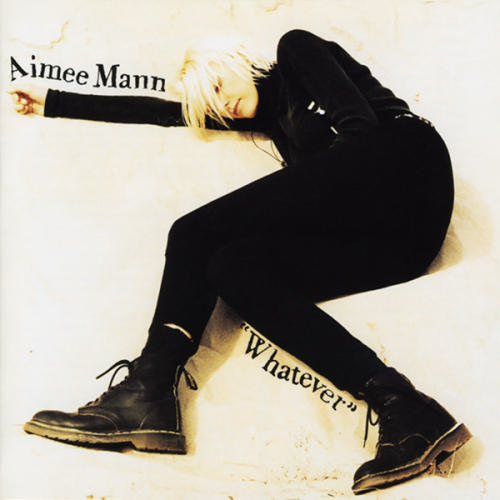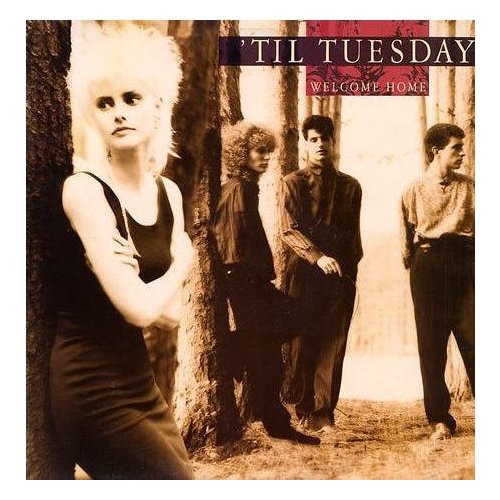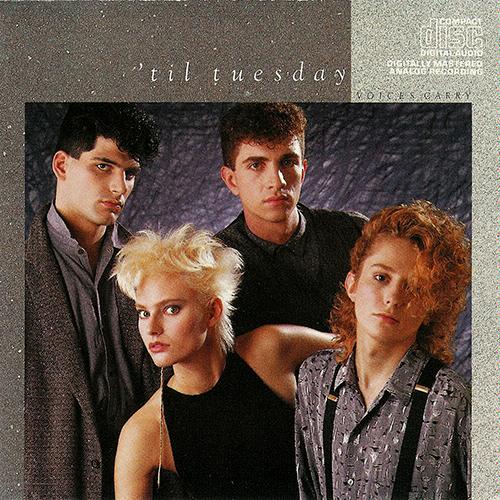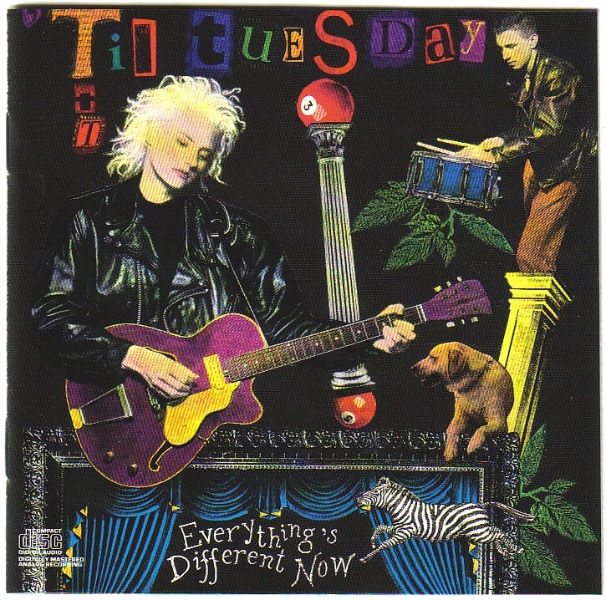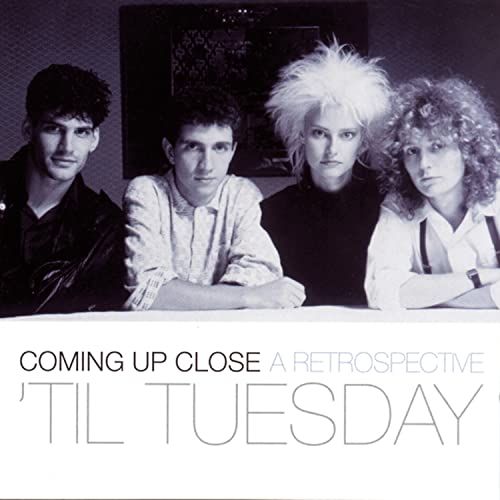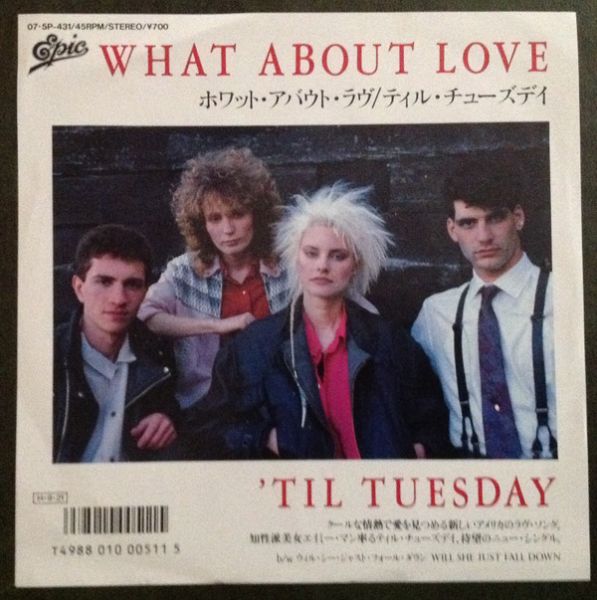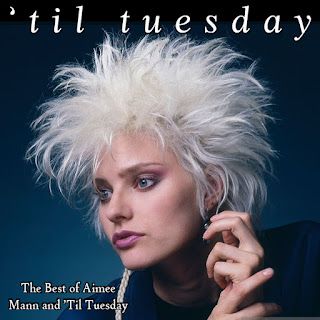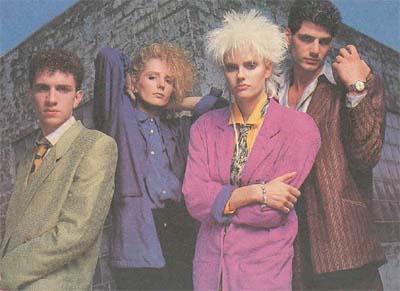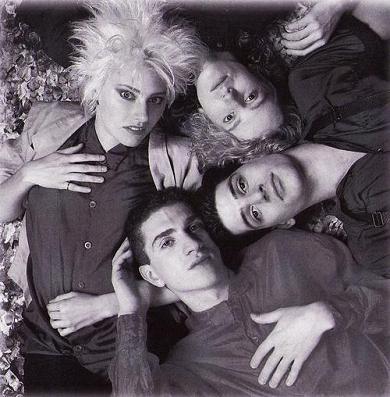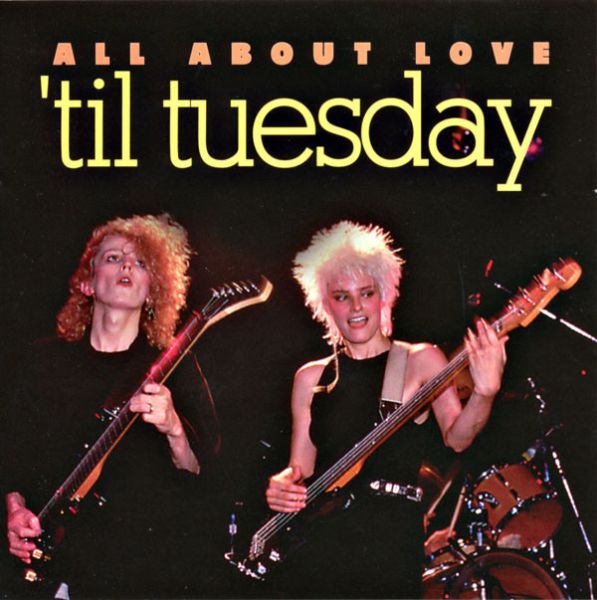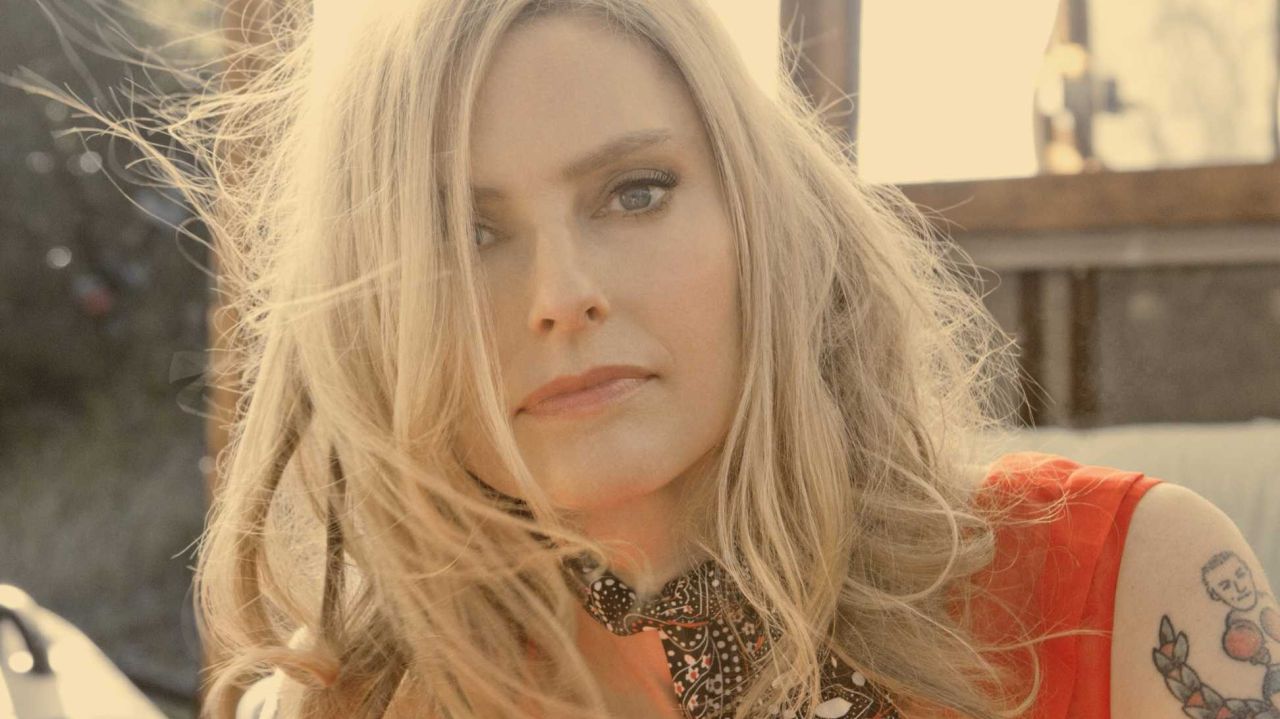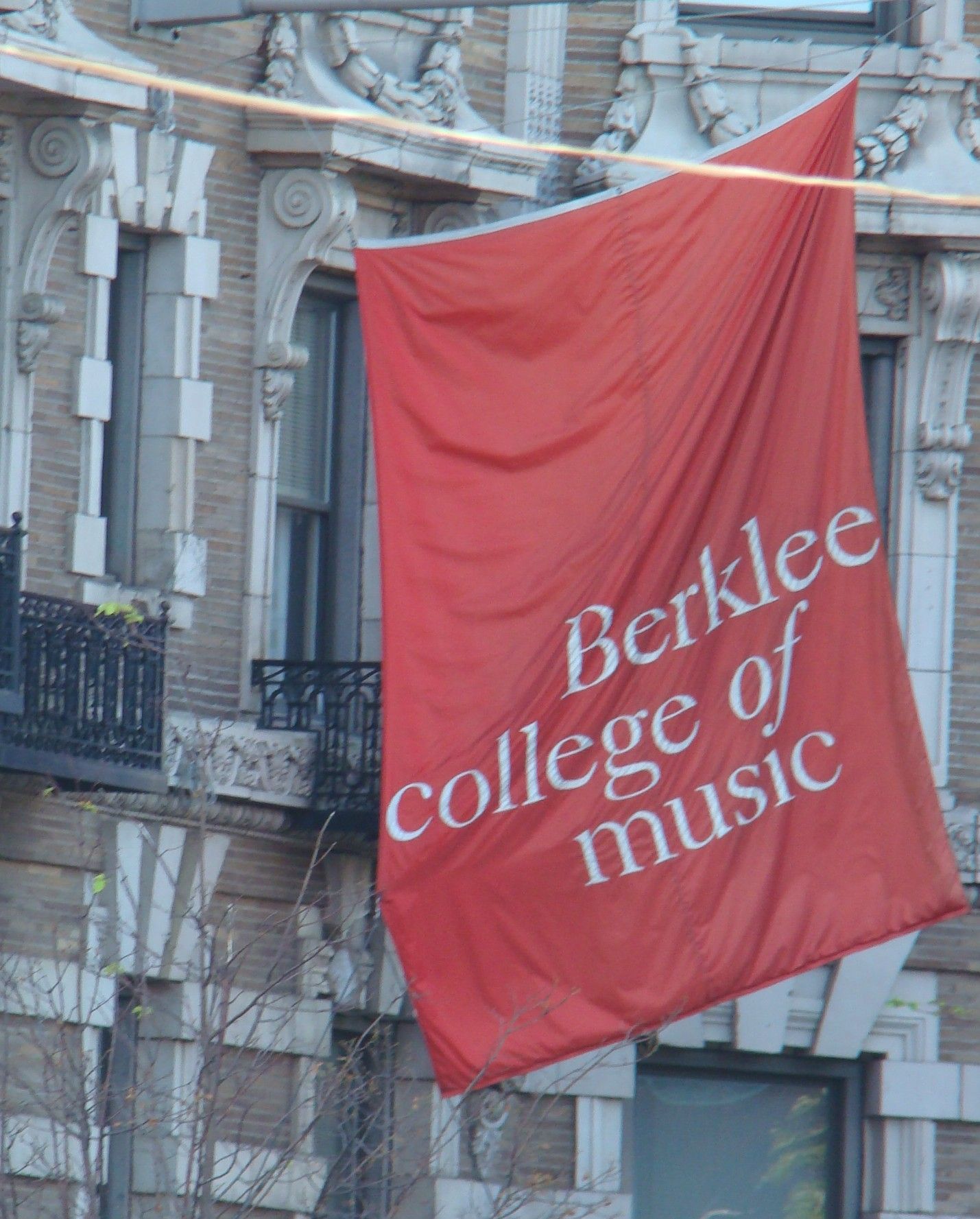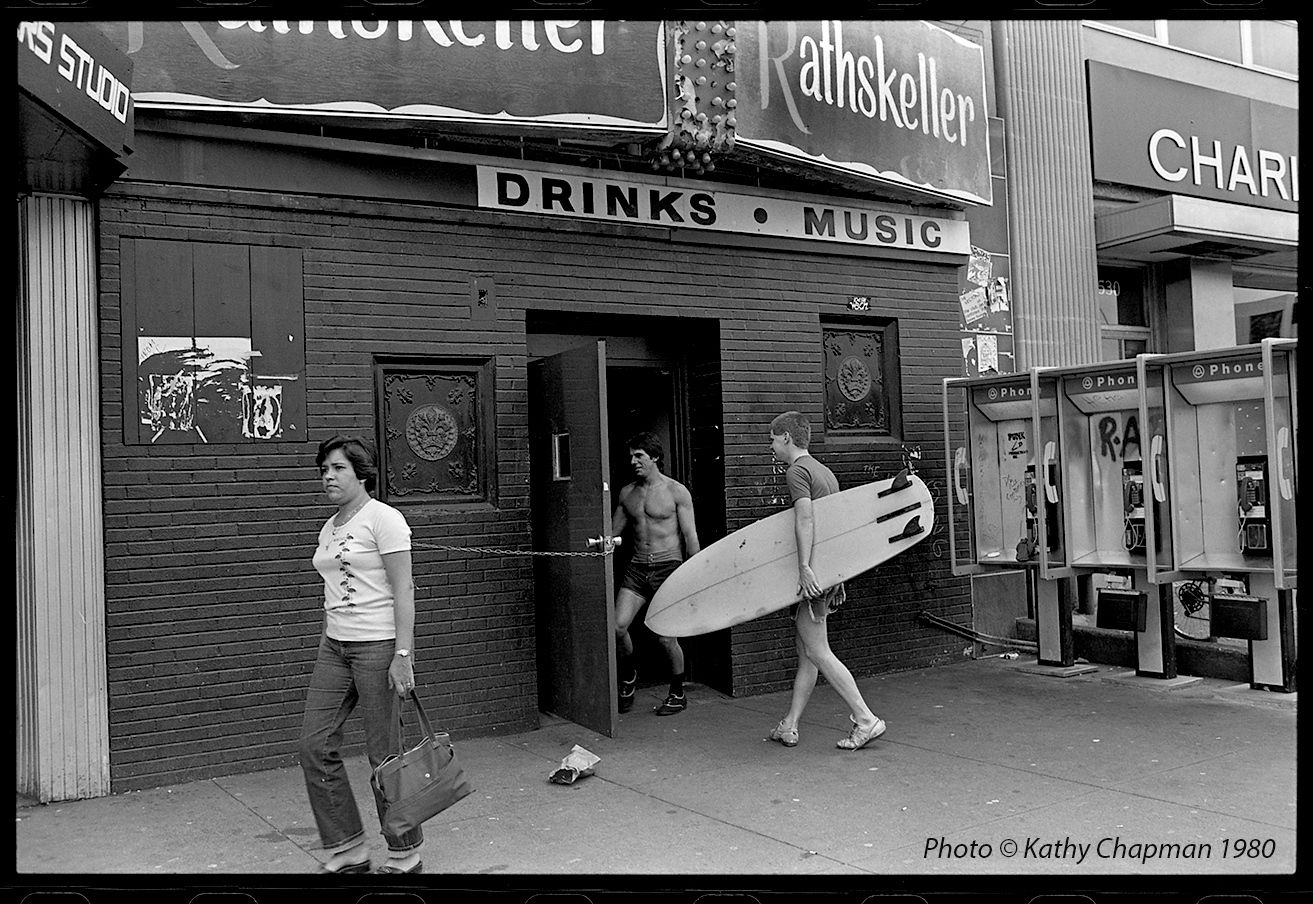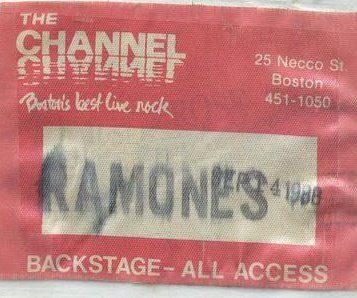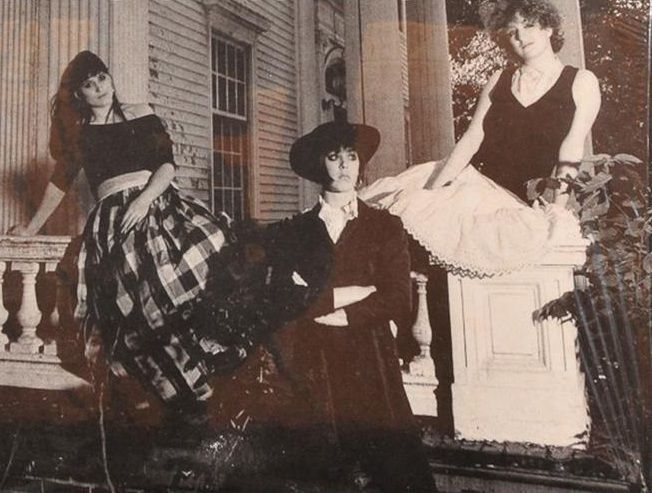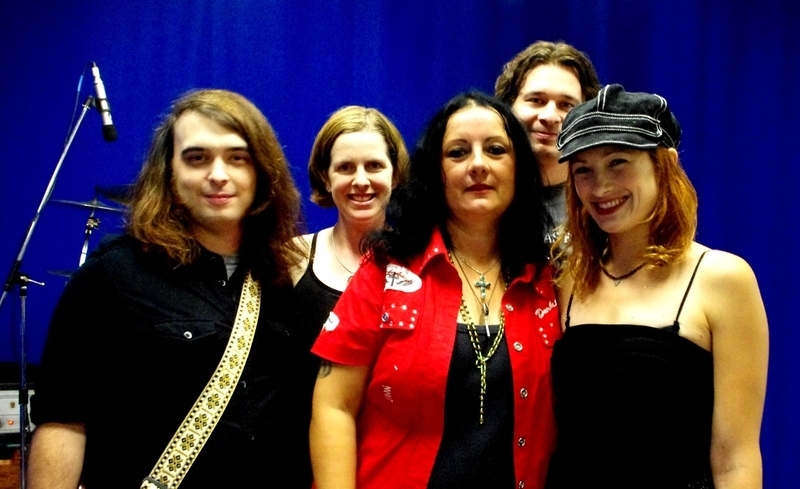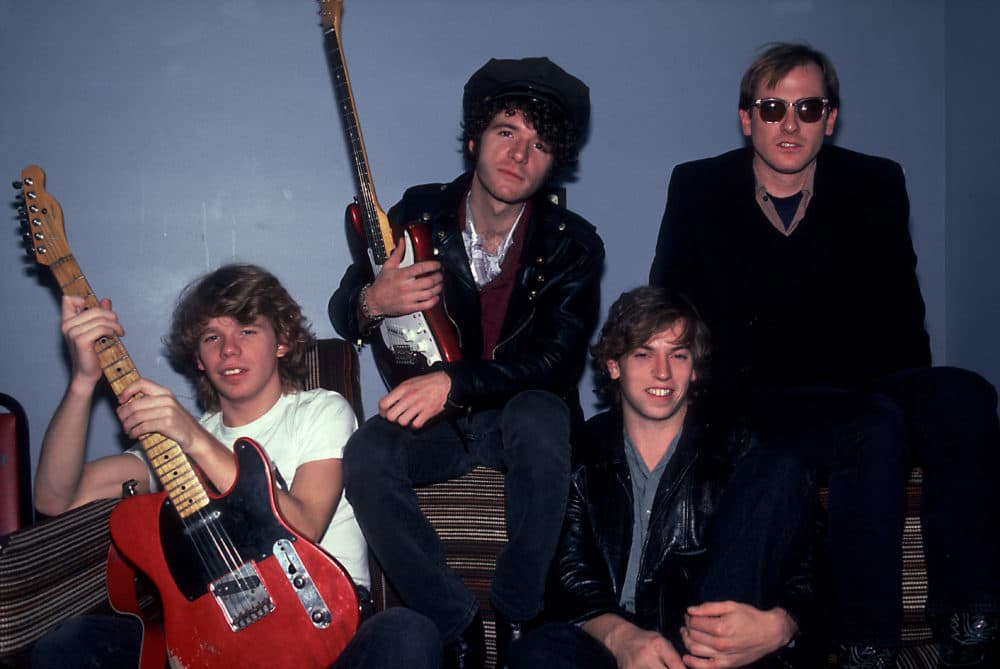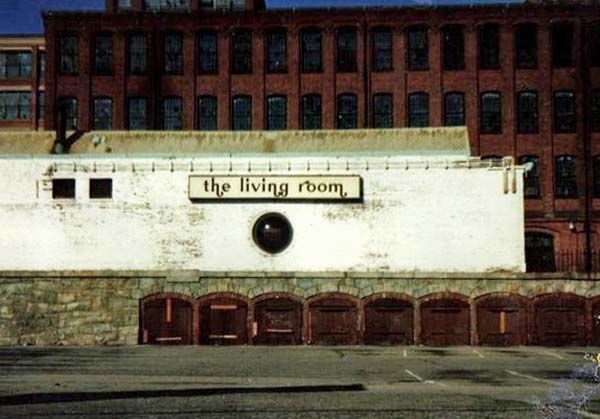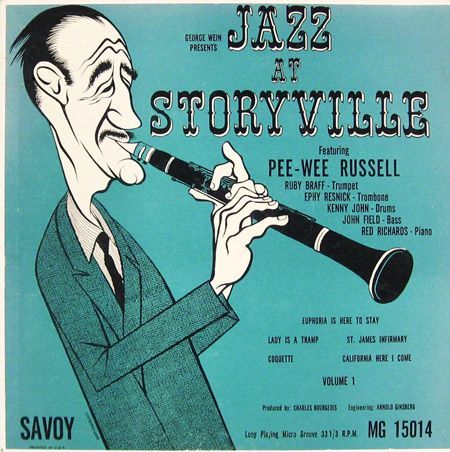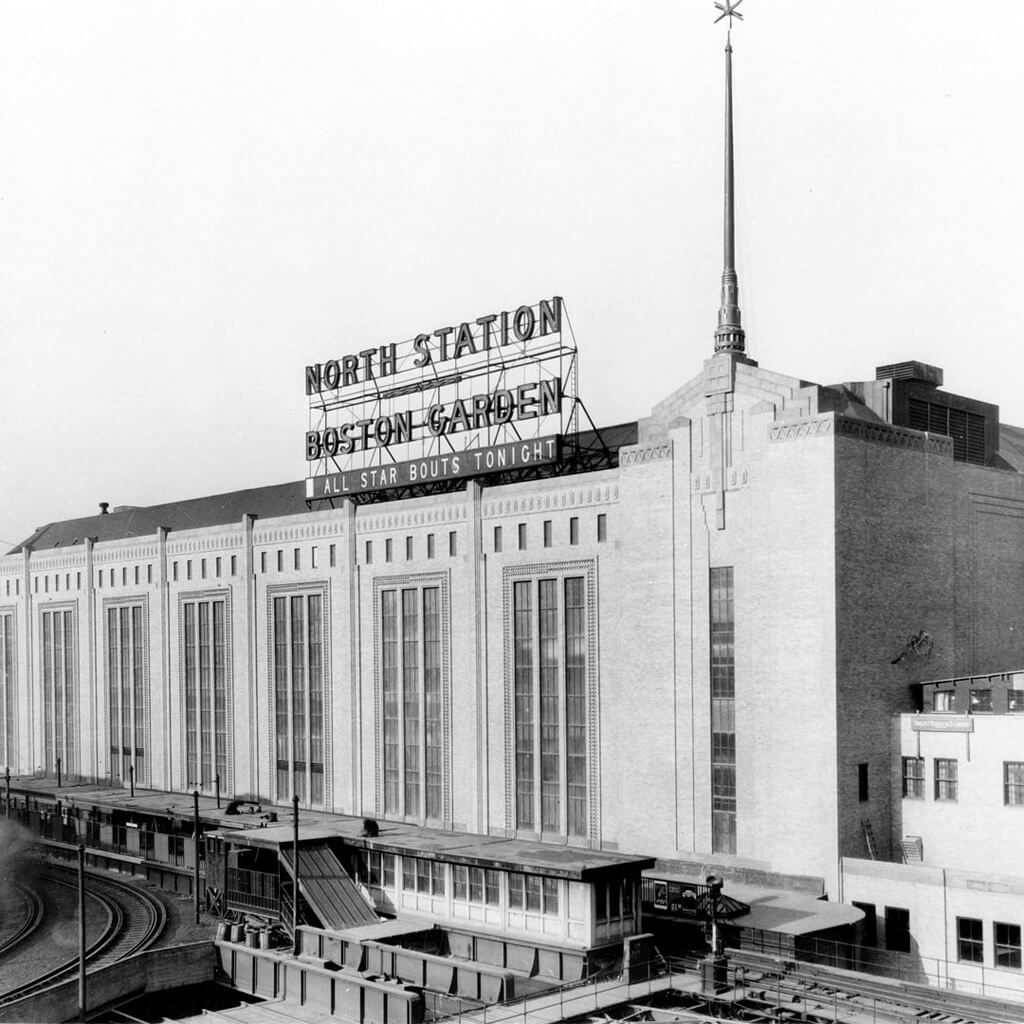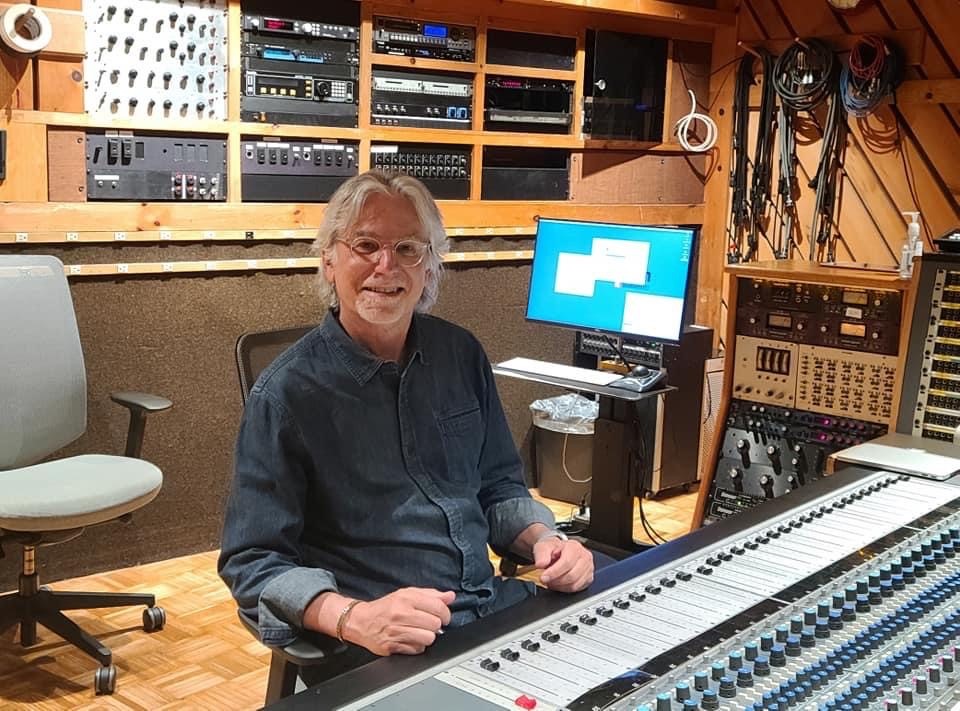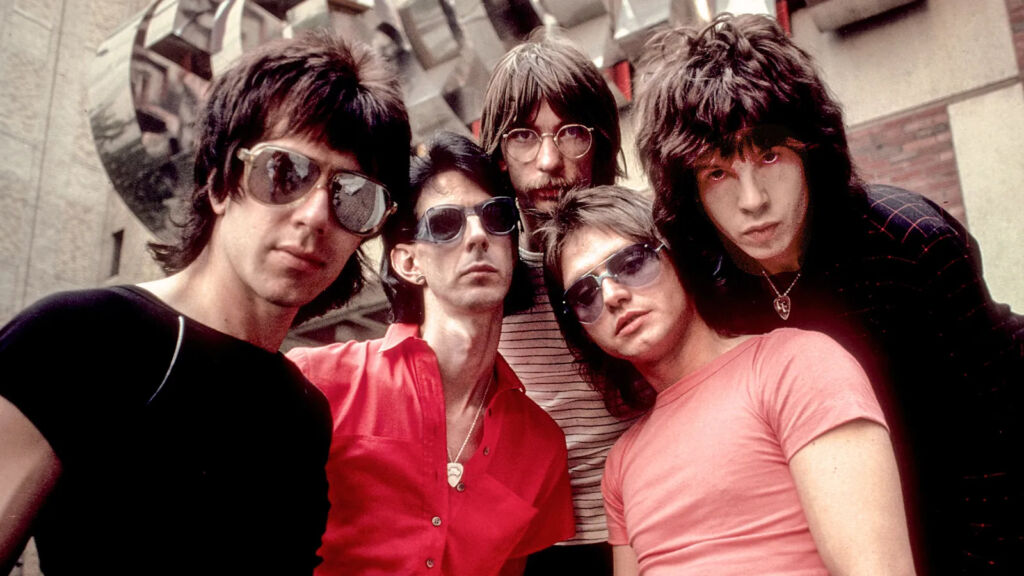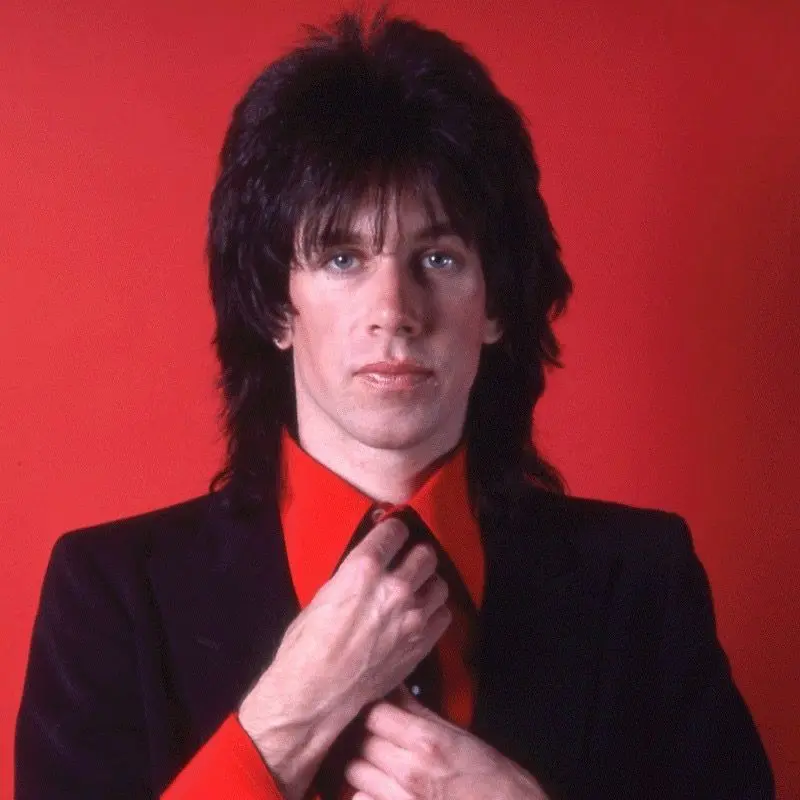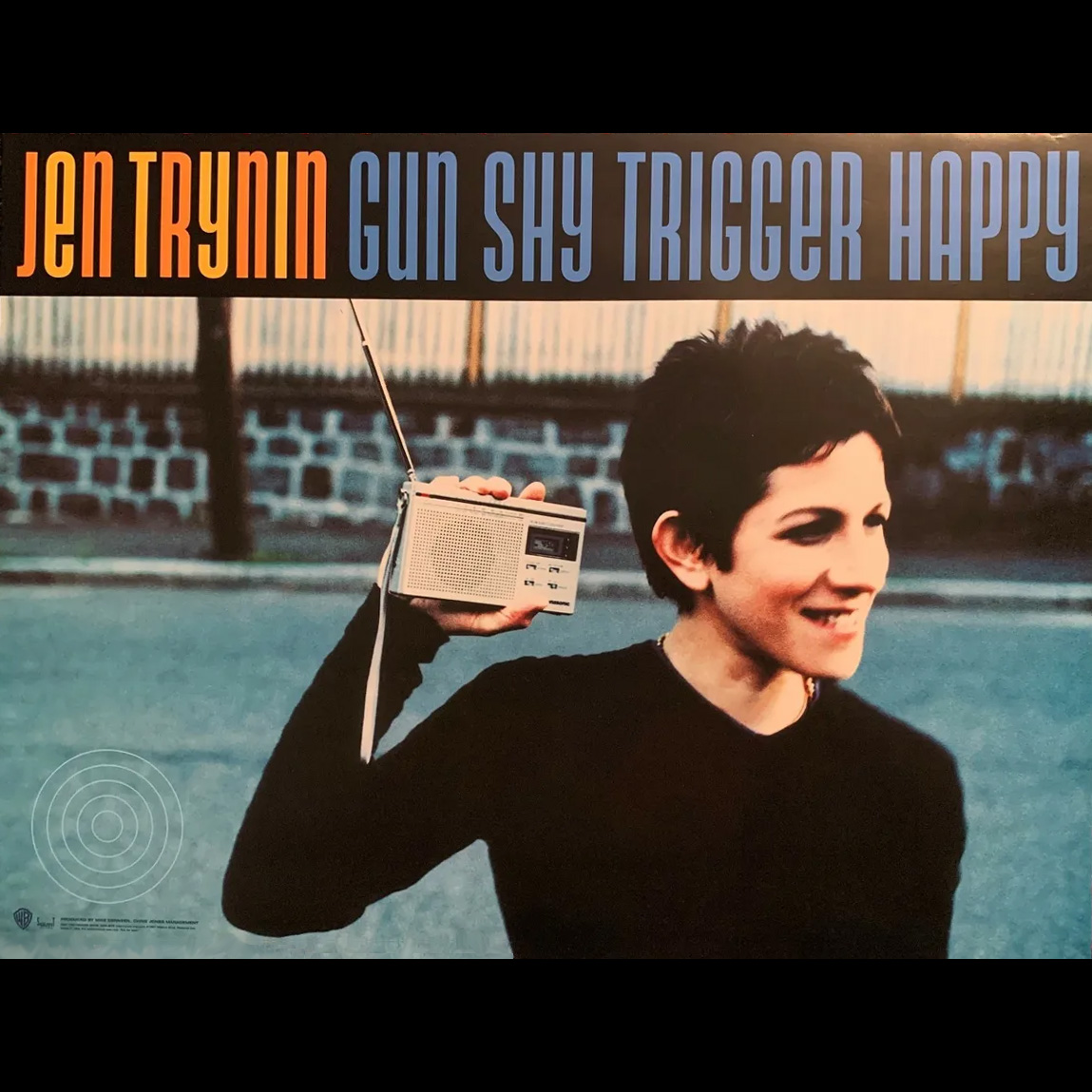‘Til Tuesday
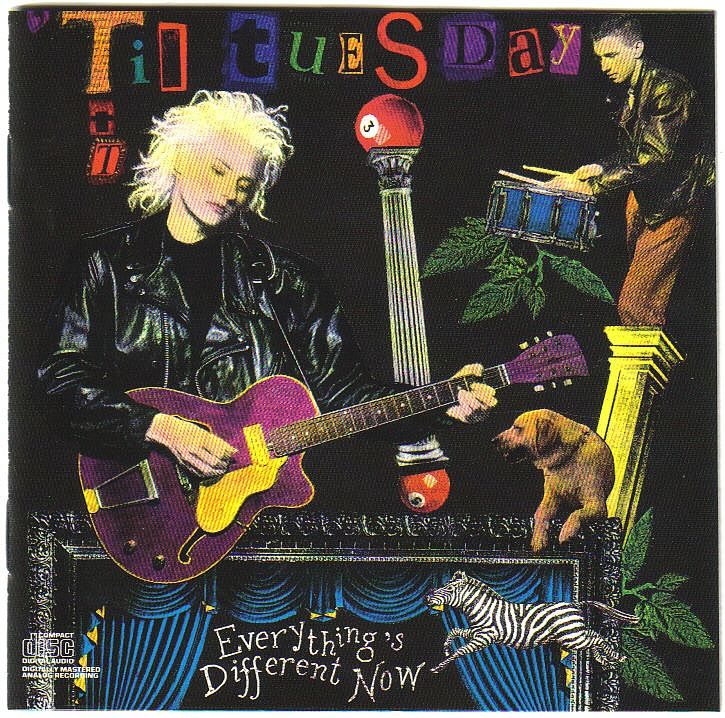
In 1983, anyone familiar with the Boston-area rock scene knew the band’s name. And two years later, so did anyone who watched MTV or tuned in to FM radio in North America or Australia.
Thanks to “Voices Carry,” their #8 US hit in 1985, ‘Til Tuesday found themselves among the darlings of rock’s then-latest subgenre, new wave, along with The Cure, Simple Minds and The Cars, the last of which most fans agree was an old-school garage band at heart, Greg Hawkes’ sensational synthesizing aside. And like the band that sang about moving in stereo, their best friend’s girlfriend and shaking it up, whose only native New Englander was drummer David Robinson, just one of the four ‘Til Tuesday members was raised in New England, guitarist Robert Holmes.
With a sound and look timed perfectly with the rise of new-romantic sensations like Duran Duran, Spandau Ballet and Culture Club, ‘Til Tuesday’s songs were as intelligent as they were entertaining and the band stood fearless in their artistically admirable refusal to deliver the same album twice, despite predictable pressure from their label to repeat the chart-busting success of their debut. Lead singer and bassist Aimee Mann’s steady stare and art-school air defied the usual gender-based compartmentalization and commercialization – a compelling contrast to tarted-up contemporaries like Madonna and eccentric ones like Cyndi Lauper – and the emotional scope of her lyrics, praised by Joni Mitchell, evoked the raw beauty of Patti Smith’s – sardonic, evocative, literate, shadowy.
FORMATION, EARLY APPEARANCES, ROCK ‘N’ ROLL RUMBLE
The band was formed in early 1983 at a place one might expect, Berklee College of Music, by Virginia-born-and-raised Mann (lead vocals, bass), Joey Pesce of New Jersey (keyboards, piano, vocals), Michael Haussman of Indiana (drums, percussion) and guitarist-vocalist Holmes, who moved to Boston from England at age seven due to his father’s job with the Boston-based Christian Science Monitor. Before ‘Til Tuesday, Mann was vocalist-bassist for The Young Snakes, an early incarnation of Ministry, and Haussman played with The Dark, finalists at the 1981 WBCN Rock ‘n’ Roll Rumble.
By May 1983, ‘Til Tuesday had played at a number of popular venues including Inn-Square Men’s Bar in Cambridge and the Rathskellar and The Channel in Boston, but the gigs that put them on the national map – and the international one soon afterwards – came in June that year at the seventh annual Rock ‘n’ Roll Rumble, where they took top prize by beating out 24 other bands including Salem 66, Lizzie Borden & the Axes, second-place finisher Sex Execs and finalists The Del Fuegos.
The Rumble victory was a major coup in terms of building regional name recognition and their song “Love in a Vacuum,” credited to all band members, saw significant airplay across New England. The group spent the rest of ’83 and all of ’84 playing a wider variety of venues, adding The Living Room, Hampton Beach Casino Ballroom and Storyville to their list of stages, among others.
EPIC SIGNING, “VOICES CARRY” PRONOUN CHANGE
In early 1985, ‘Til Tuesday signed with Epic and headed to RPM Studios in New York to record their 11-track debut album, Voices Carry, re-recording “Love in a Vacuum” to make it catchier than the original, laid-back rendition and wanting either that or “Looking Over My Shoulder” to be their first single. The LP’s executive producer, Epic A&R man and New Haven native Dick Wingate, strongly disagreed, however, saying “Voices Carry” was the best choice, but only if Mann switch the pronoun in the song from “she” to “he” since Epic thought any public perception of homosexual undertones would hurt sales. After producer Mike Thorne convinced Mann that the change didn’t negatively affect the impact of the track, she made the tweak – and the rest, of course, is pop history.
“The title track was originally written and sung by Aimee as if to a woman,” Thorne wrote in 1999 on his Stereo Society website. “For me, it was one of the two most compelling songs on the demo tape [but] the record company was predictably unhappy with such lyrics, since this was a very powerful, commercial song and they would prefer as many of its components as possible to swim in the acceptable mainstream.”
VOICES CARRY
Released in April 1985, the debut made it to #19 in the Billboard 200, #29 in Canada and #81 in Australia, with “Voices Carry” shooting to #8 in the Billboard Hot 100; neither one charted in the UK and the band never appeared live there or in Europe. The follow-up single, “Looking Over My Shoulder,” stalled at #61 in the Hot 100 and the third, “Love in a Vacuum” didn’t reach the Hot 100 at all, landing at a disappointing #88 in the Cash Box Top 100 Singles chart. “Dick Wingate’s ultimately shrewd choice was the reworded ‘Voices Carry,’” Thorne wrote in 1999. “[It] seemed to define precisely the band and its style.”
The band spent the rest of 1985 on the road headlining medium-sized venues like the Paradise Rock Club and Toad’s Place and appearing at larger ones like the Orpheum Theatre and Boston Garden as the opener for some of the era’s most stadium-worthy acts including Tom Petty & The Heartbreakers, Huey Lewis & The News and Hall & Oates.
MTV VIDEO MUSIC AWARD
Regardless of the follow-up singles’ lukewarm chart performance, the video for “Voices Carry” was a smash, winning 1985’s MTV Video Music Award for Best New Artist and making Mann’s voice and bleached, spikey, rat-tailed hairstyle among the era’s most defining. Filmed at the Strand Theatre in Dorchester, Davio’s Restaurant in Boston and on the city’s W Brookline Street, it depicts Mann and a fictional boyfriend who’s trying to draw her into his upper-class lifestyle while Mann, exasperated by his attempt, lashes out in the end while the pair are at Carnegie Hall. “One major help from Epic was a beautifully produced video,” Thorne wrote in 1999. “It hit MTV just as [the cable channel was] emerging as the major contemporary force in record promotion.”
WELCOME HOME, LINEUP CHANGE
In the fall of 1986, Epic issued the band’s sophomore effort, Welcome Home, a dramatic departure from its predecessor in that Mann is credited as the sole writer of most of the songs and its overall sound is organically grounded in folk tradition, light years removed from synthed-up, slicked-out pop. The album peaked at #49 in the Billboard 200 while the singles “What About Love” and “Coming Up Close” hit #26 and #59 in the Hot 100 respectively. Pesce left the band shortly after the LP’s release, replaced by Texas-born Michael Montes, and guitarists Jon Brion and Clayton Scoble joined the group for live shows, including one in the summer of 1987 at Tanglewood.
Critic Alex Henderson praised the dramatic stylistic change between the first two albums as a courageous one. “It took a lot of guts and integrity for ‘Til Tuesday to record Welcome Home,” he wrote on the music site AllMusic. “It would have been easy enough…to come out with a similar album for a follow-up. But instead of playing it safe, ‘Til Tuesday gambled with inspiration.”
EVERYTHING’S DIFFERENT NOW
In 1988, the band cut its third and final album, Everything’s Different Now, partially recorded at Blue Jay Recording Studio in Carlisle, Massachusetts, and Q Division Studios in Boston. Though the LP was a comparative commercial dud – #124 in the Billboard 200 with the single “(Believed You Were) Lucky” barely eking into the Hot 100 at #94 – most reviews were positive, if not glowing. While Mann insisted that not all the songs were about her newly ex-boyfriend, singer-songwriter Jules Shear, titles like “J for Jules” made it clear that some were. Mann co-wrote one of the tracks, “The Other End (Of the Telescope),” with Elvis Costello, who appears as guest vocalist on the song.
DISBANDING, POST-SPLIT ACTIVITY
The band splintered apart soon after the supporting tour, but Mann performed under the ‘Til Tuesday name until 1993, using session musicians including Brion and Scoble while legal wrangling with Epic prevented her from recording solo work. Robert Holmes formed the blues/rock quartet Ultra Blue, Vermont-based cover band Love Bomb and now he teaches guitar in the UK. Michael Hausman became a talent manager, Mann and Suzanne Vega being among the artists he represents, and Pesce established a prop-making business, Pygmalion Elements & Sculpture, in Easthampton, Massachusetts. Brion became a well-known producer and film-score composer and Scoble recorded with a number of other artists including Jen Trynin on her critically acclaimed 1994 album Cockamamie.
MANN’S COMMENTS ON ‘TIL TUESDAY YEARS
Asked in a 2021 interview with The Guardian what she remembers most about the ‘Til Tuesday years, Mann said it was the unrelenting demands of some Epic execs that the band keep delivering humongous hits. “Their attitude towards artists is they have a stable of horses and they want to hitch a couple up to a wagon,” she said. “And if one of them dies on the job, you just put another horse in there. They don’t care. I remember having a conversation with someone at Geffen [who was] very shocked that Kurt Cobain had killed himself. They had a minute where they were like, ‘Maybe we should consider the mental health of artists on the road because it’s very unnatural.””
“If your main survival technique [is] to be a people-pleaser, it’s really hard to not do [what the label tells you to do],” she added. “Women especially have their careers controlled by this threat that you will be perceived as ‘difficult.’”
(by D.S. Monahan)

